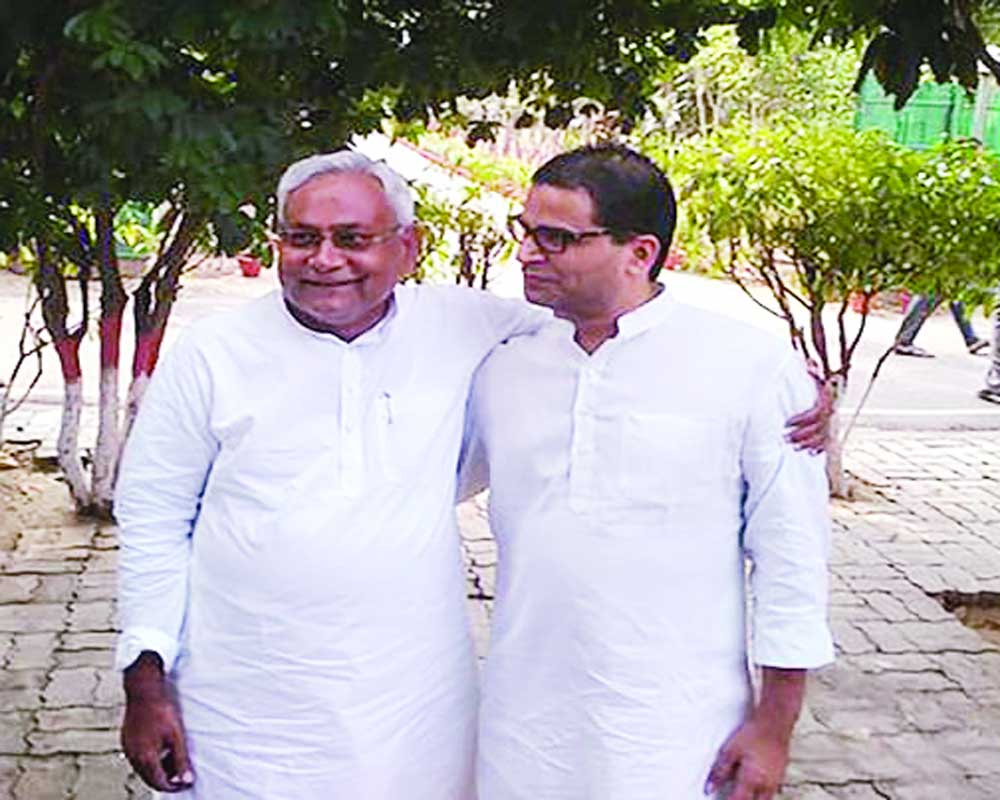No matter what the FATF says, India has to develop its own dynamic on the war on terror at a time of shifting alliances
Just when all the lobbying by Pakistan seemed to have softened up deciding powers at the Financial Action Task Force (FATF) — the global watchdog that tracks terror-funding States and can disqualify them from global aid — they have held themselves back, and rightly so, keeping our neighbour in the grey list. Though we have been lobbying hard, and had even at one stage argued convincingly enough for Pakistan to be blacklisted, its all-weather friends, China, Turkey and Malaysia, brought it back from the brink. It needed the support of 13 countries to get out of the grey list, and though it has taken a few compliant correctives, they weren’t proof enough. It may have finally imprisoned the 26/11 mastermind of the Mumbai attacks Hafiz Saeed and even booked his charities through which he funded money but is yet to cap the money trail to other terrorists or prosecute the financiers. Besides, it could deliver only on 13 of the 29-point action plan it had promised to implement during the last session. It now must show improvements in the next four months. For India, this comes as a reprieve considering at the last regional meeting of the FATF, it was the lone voice of protest with the US, EU and even Japan appearing convinced about Pakistan’s efforts to curb terrorism. But the US, while endorsing India’s position on Kashmir at the UN and proscribing Jaish chief Masood Azhar as a global terrorist, is too invested in stitching up a deal with the Taliban before it exits Afghanistan. That explains the clean chit in Beijing and even the acknowledgement of Pakistan’s “great efforts” at course correction. The US also thinks that freezing aid to Pakistan might just aggravate the economic instability in the region and have a cascading impact on politics. The US also needs a trade deal with India, which is why it will not overtly hurt our position vis-a-vis the FATF. China, which is increasingly looking at a strategic partnership with India while being Pakistan’s ally, has devised its own workaround. It now wants a renegotiation of the FATF brief itself, saying the grouping had no business to blacklist nations but should help them counter terrorist funding and networks. India must realise that the shades of the FATF list mean nothing in terms of threat levels ever since the blacklist was diluted as a “call for action” and the grey list was downgraded to “other monitored jurisdictions.” Besides, the FATF has just put Pakistan on an extended timeline to fulfil the technical criteria and not been exactly censorious about it. For our neighbour, this means a radical overhaul of its terror economy as it has to show visible proof of penalties against terror-financing, including sanctions and controls on international transactions.
In the end, India must remember that global penalties won’t impact Pakistan’s proxy war with India. Even while staying on the FATF watch, there has been no cessation of terrorist infiltration into Kashmir. Pakistan will continue raising Kashmir. India has to evolve its own dynamic regarding terror instead of focussing solely on isolating it diplomatically. For the fluidity of geopolitics means that each nation would work out its tactical advantage in an evolving context and might not prioritise India’s concerns. And global politics is but transactional and revolving stakes mean shifting alliances.
(Courtesy: The Pioneer)








 OpinionExpress.In
OpinionExpress.In















Comments (0)